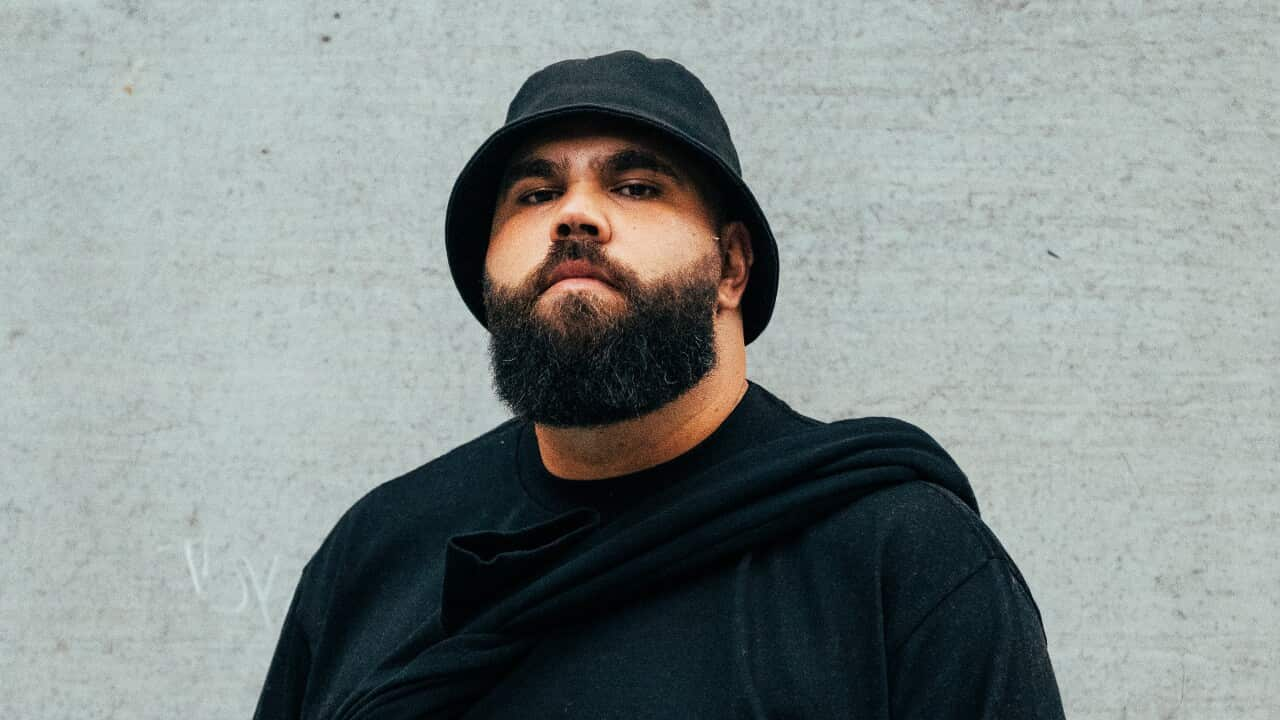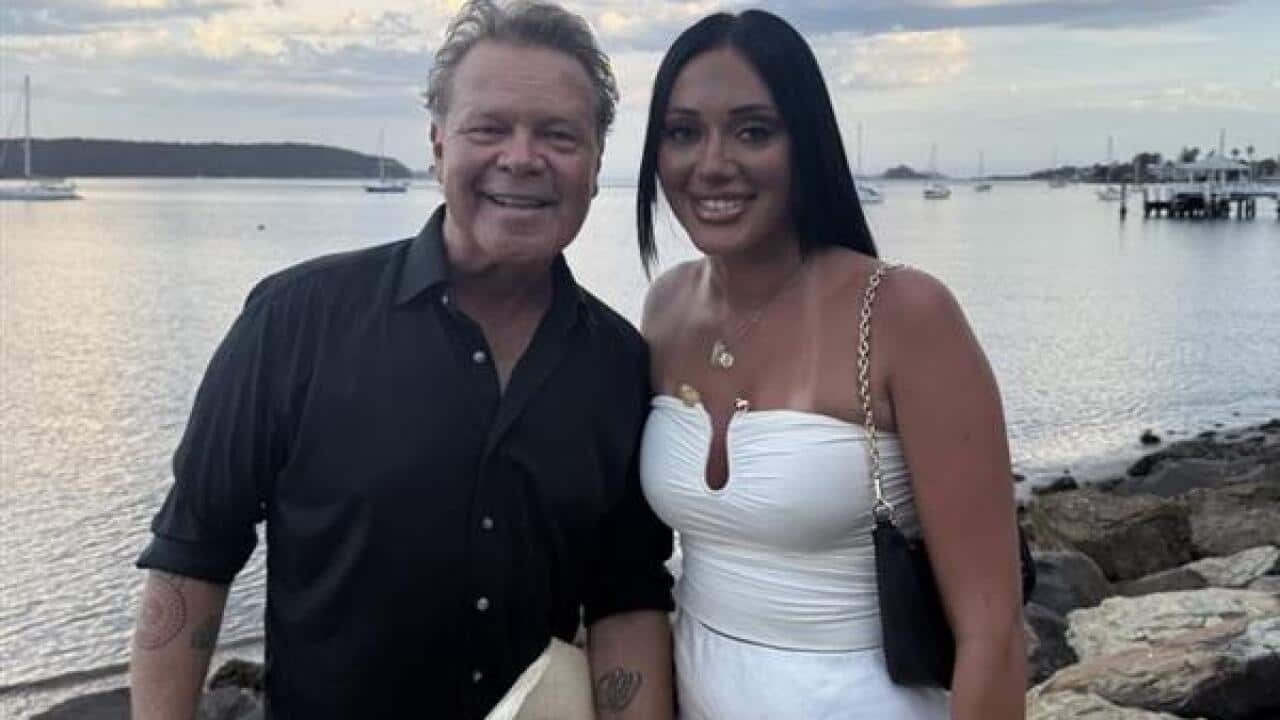Acclaimed Bundjalung MC and producer Blake Rhodes who performs under the name Mr Rhodes says his life wouldn’t be the way it is without music.
“I was not the best kid in high school, barely scraped through to be honest but I found music and legitimately my world changed,” he tells NITV.
“It opened me up to so many opportunities. I’ve been around the country multiple times doing music, been overseas doing it and I’m so lucky to have had those opportunities."
"Realistically I wouldn’t have been able to do those things without music.”
The former Abbey Road Institute Scholarship recipient and one third of the award-winning hip hop trio, Teddy Lewis King, has partnered with the Northern Rivers Conservatorium in his hometown of Lismore to give back to the community with a First Nations music program.
Rhodes says he hopes the program will open the doors for more First Nations people in the area to explore the possibility of making music.
“I love what music has done for myself and I’m so passionate about passing on my knowledge to the next cohort and the next group of young people and also bringing in the old fullas and getting their stories down so they can pass that on and keep that alive,” Rhodes says.
The program has been 8 years in the making and Rhodes has a longstanding relationship with the conservatorium, running different programs throughout the years with his collaborator, Yaegl and Widjabul Wia-bul man Mitch King.
Executive Director of the Conservatorium, Anita Bellman, said they were thrilled to partner with Rhodes to finally bring the program to life.

Northern Rivers Conservatorium Executive Director Anita Bellman says they are thrilled to partner with Rhodes to bring the program to the community. Source: Supplied / Natsky
Rhodes says it’s important that the program is community-led to ensure it has the greatest impact.
“I can sit in a room and write a program up and be like ‘this is what we’re doing’ but if the community doesn’t want to engage then what’s the point of it?” he says.
The First Nations program is free and open to people of all ages and abilities and kicks off on Tuesday 15th April for three days of writing and music production. The program will then expand to weekly open sessions.
“We want to open the space up and make mob feel welcome,” Rhodes says.
Rhodes has now begun booking recording sessions with Elders whose music he grew up listening to.
“It’s the uncles that I’ve seen playing and busking on the streets since I was a kid, it's the ones I’ve had yarns with over the years who talk about ‘one day I’ll record that song I wrote thirty years ago’, now I want to do that and I want to give them that experience and I want them to see the magic.”
Bellman says this work is extremely important and hopes that the program becomes a successful example of what is possible.
“For it to be a place where our community can learn about First Nations culture and for it to be a community hub and there is an opportunity for out community to become stronger because of this,” says Bellman.

The First Nations program will include writing workshops and studio time. Source: Supplied
“It’s little things people do in the studio, little techniques with a microphone, it’s soft skills even, having conversations with people, how do you talk about what you do?” he says.
Throughout his career, Rhodes has found that First Nations artists are consistently undervalued.
He hopes he can ensure that the next generation has the knowledge to advocate for themselves and their worth.
“Blak creators, as a whole, I think, undervalue their work,” says Rhodes.
“On every level I think there’s an undervalue and I think that’s because there’s no real infrastructure to talk about that and no one really talks about that until they’re at a point where they’ve realised they’ve undervalued themselves severely."
"If anything, if I can teach the next generation to just value themselves correctly and teach the uncles to start charging correctly for their shows… there’s a lot of work to be put into this.”
Above all else, Rhodes and the conservatorium hope that together they can foster an environment for mob to tell their stories.
“I’ve found too some people just want to feel heard, even if it is just on a song and they can kind of distance themselves from it, like I’m just writing a story, but they’re putting themselves out there.
“They just want to feel like they’re being heard and that can be a really cathartic thing to feel like you’re being listened to.”




